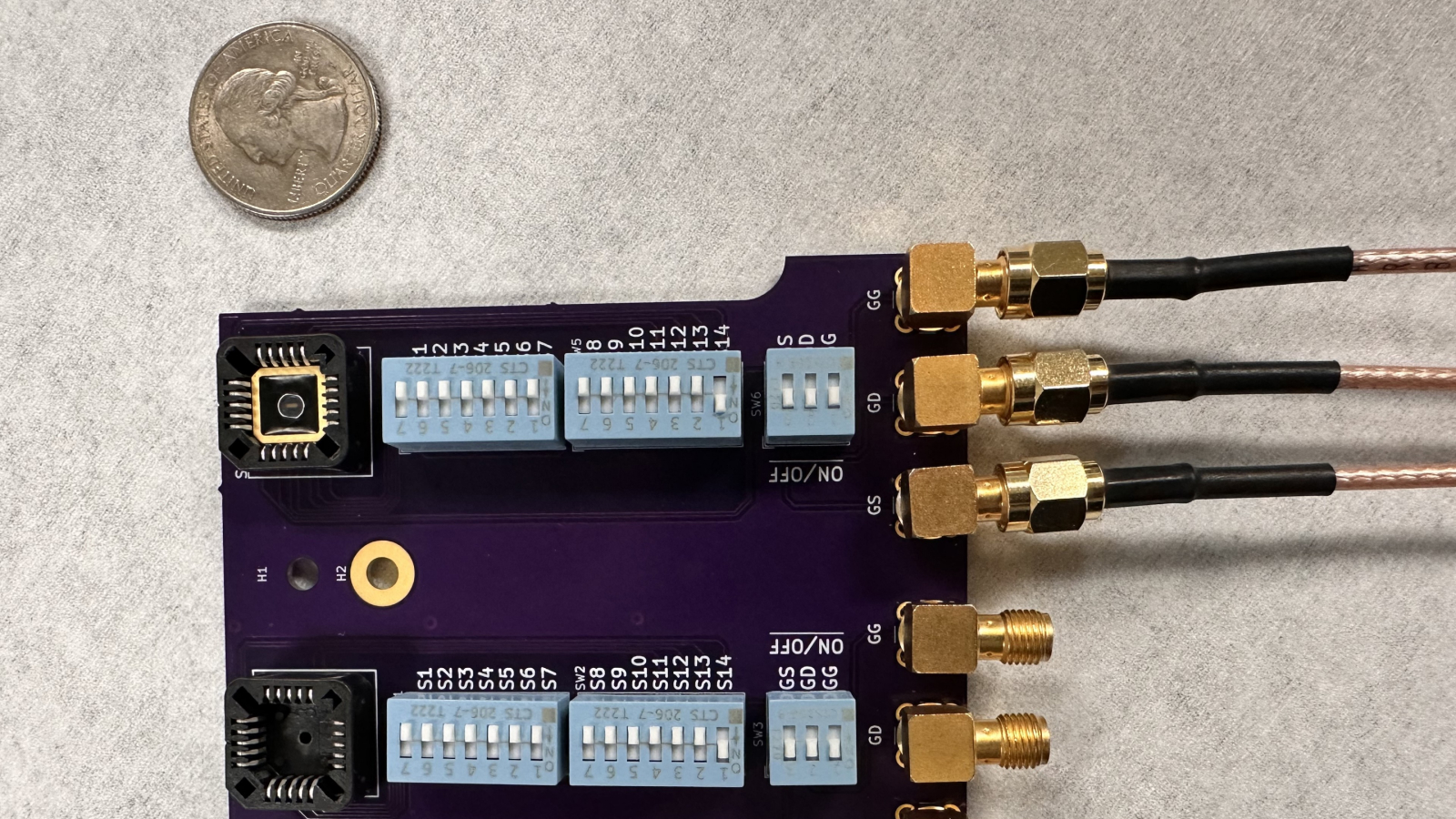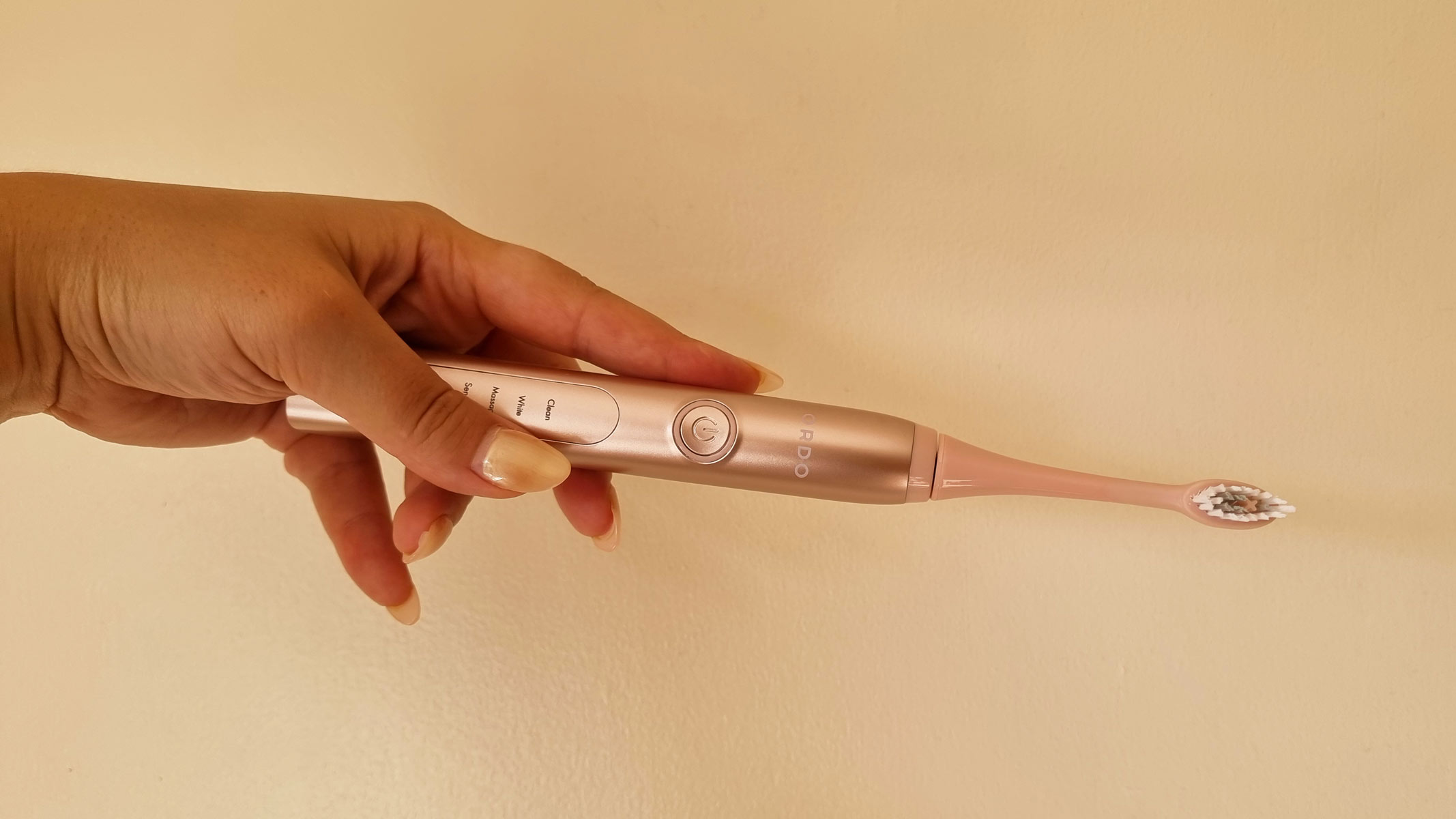Plants, Vol. 12, Pages 3610: New Insights into the Enhancement of Adventitious Root Formation Using N,N′-Bis(2,3-methylenedioxyphenyl)urea
Plants doi: 10.3390/plants12203610
Authors: Ada Ricci Eugenia Polverini Stefano Bruno Lucia Dramis Daniela Ceresini Antonio Scarano Carmen Diaz-Sala
Adventitious rooting is a process of postembryonic organogenesis strongly affected by endogenous and exogenous factors. Although adventitious rooting has been exploited in vegetative propagation programs for many plant species, it is a bottleneck for vegetative multiplication of difficult-to-root species, such as many woody species. The purpose of this research was to understand how N,N′-bis-(2,3-methylenedioxyphenyl)urea could exert its already reported adventitious rooting adjuvant activity, starting from the widely accepted knowledge that adventitious rooting is a hormonally tuned progressive process. Here, by using specific in vitro bioassays, histological analyses, molecular docking simulations and in vitro enzymatic bioassays, we have demonstrated that this urea derivative does not interfere with polar auxin transport; it inhibits cytokinin oxidase/dehydrogenase (CKX); and, possibly, it interacts with the apoplastic portion of the auxin receptor ABP1. As a consequence of this dual binding capacity, the lifespan of endogenous cytokinins could be locally increased and, at the same time, auxin signaling could be favored. This combination of effects could lead to a cell fate transition, which, in turn, could result in increased adventitious rooting.

 1 year ago
23
1 year ago
23


